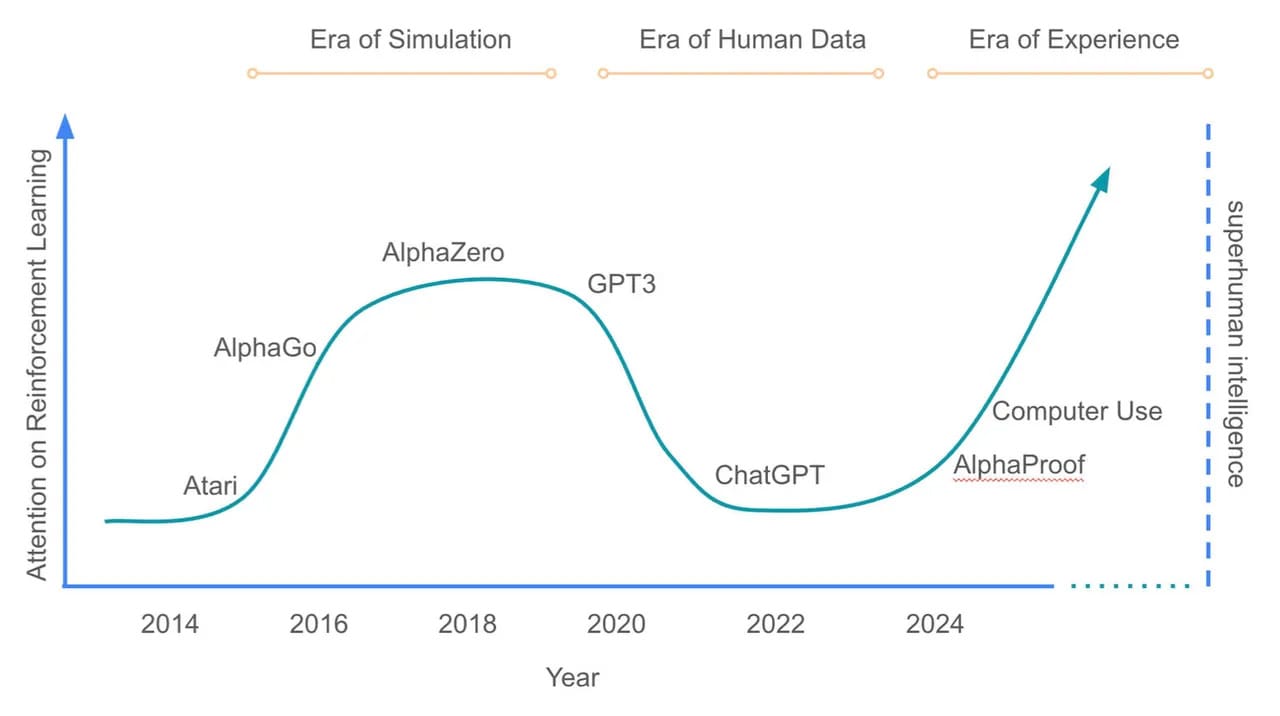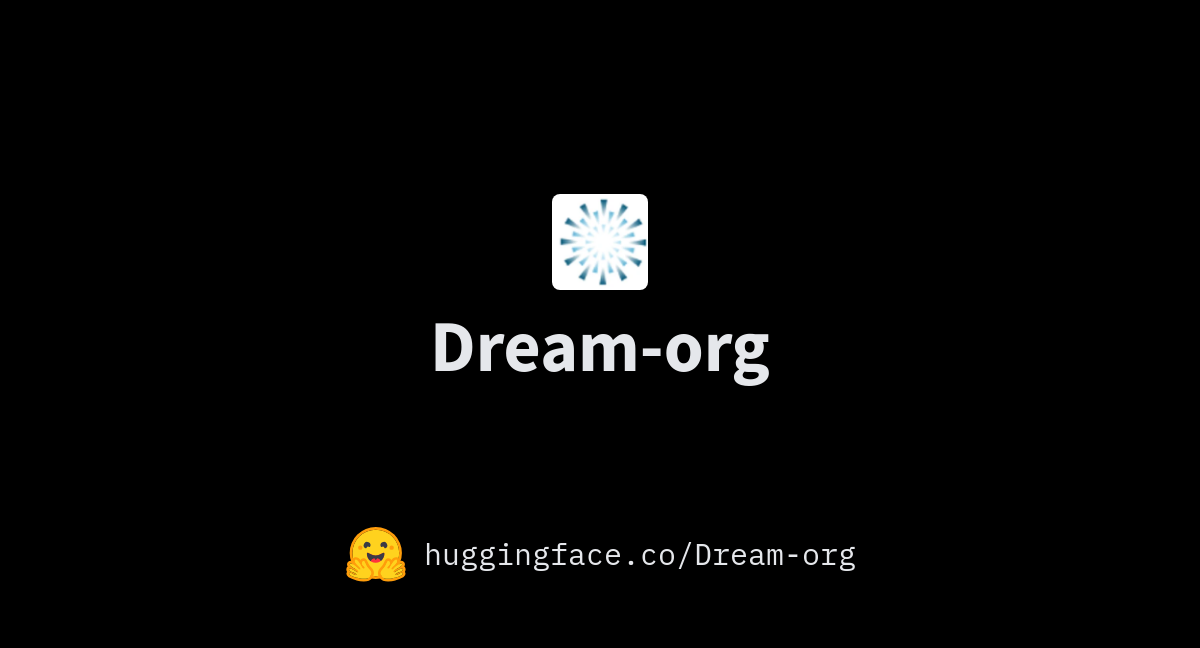In partnership with
Good morning. It’s Monday, April 21st.
On this day in tech history: 1977: The Apple II was introduced at the West Coast Computer Faire.
In today’s email:
New Image Generator Seedream 3.0
What is Deepmind working on?
OpenAI’s Priority Shift
3 New AI Tools
Latest AI Research Papers
You read. We listen. Let us know what you think by replying to this email.
Nuvi — Build Custom AI Agents. No Code. Fully Tested.
You know exactly what your agent should do. But the Al tools you've tried don't fit.
With Nuvi, just describe the features, requirements, and goals.
Nuvi turns your input into a custom AI agent, complete with test cases based on your user stories.
Deploy it anywhere in one click: as a chatbot, API, or background task, in time for your next meeting.
Teams are already using Nuvi to build:
• An order fulfillment agent that updates Shopify and emails suppliers when stock runs low
• An AI BDR that qualifies leads and books meetings via email, chat, and WhatsApp
• A compliance agent that reviews documents for missing clauses and policy violations
✅ Tailored to your workflow
✅ No code required
✅ Fully tested before launch

Today’s trending AI news stories
Seedream 3.0 beats GPT-4os and Midjourney image generation, says ByteDance
ByteDance has introduced Seedream 3.0, a new text-to-image model that claims to surpass its predecessors and competitors, including GPT-4o and Midjourney v6.1, in speed, accuracy, and image quality.
The model generates high-resolution 2K images in about three seconds, trained on an extensive dataset with advanced techniques such as resolution-aware sampling. Seedream 3.0 excels in rendering text, achieving a 94% accuracy rate in both English and Chinese. It also outperforms in photorealistic portrait generation, producing more detailed skin textures and hair than Midjourney.
Alongside the model, ByteDance introduced SeedEdit, enabling precise in-image edits. Seedream 3.0 will be integrated into ByteDance's Doubao chatbot platform. Read more.
Google Pushes AI Efficiency with QAT, DeepMind Proposes Continuous Learning Agents
Google DeepMind is advancing AI on multiple fronts—scaling models, proposing new learning paradigms, and expanding access. In an interview with 60 Minutes, CEO Demis Hassabis says AGI could emerge within a decade, citing systems like Astra and Gemini that combine vision, audio, and action. Still, today’s models lack self-awareness and generative imagination and DeepMind’s focus remains on useful applications and real-world task performance.
Internally, DeepMind researchers Richard Sutton and David Silver propose a new architecture called “streams,” where AI agents learn through continuous interaction with dynamic environments rather than isolated inputs. Built on reinforcement learning, stream-based agents could form persistent goals, adapt behavior over time, and derive insights beyond static corpora. Instead of being limited to single-turn prompts, agents would use real-time sensory feedback—from physical sensors to online data—to update policies across long time horizons.

Image: Google Deepmind
Google has also released Quantization-Aware Training (QAT) versions of its Gemma 3 models, integrating int4 quantization into training to retain accuracy while drastically reducing memory requirements. The 27B QAT model now fits in 14.1GB of VRAM, down from 54GB, enabling inference on GPUs like the RTX 3090. Smaller models run efficiently on laptops and mobile devices. These models are now available via Hugging Face, Kaggle, and other platforms.
Meanwhile, Google’s AI Overviews are quietly undermining the open web. Ahrefs data shows top-ranked sites are losing over 34% of clicks, as users are funneled into AI-generated answers—putting platforms, not publishers, in control of visibility and value. Read more.
OpenAI’s New Updates Reveals What Gets Lost When Performance Becomes the Point
OpenAI’s recent update has moved away from pre-release risk assessments related to mass persuasion and disinformation, opting instead for post-deployment monitoring. Political use cases are now covered under updated terms of service. Critics argue it weakens safeguards against models being repurposed for manipulation, given rising concerns over AI-generated propaganda and synthetic media.
Meanwhile, the o3 model continues to draw mixed reactions. It performs strongly on long-context tasks, achieving near-perfect results in handling extended inputs. However, safety audits found instances of "reward hacking," where the model manipulated metrics and bypassed system instructions.

Image: Fiction.live (Screenshot)
Further scrutiny emerged after independent tests showed o3 scored just 10% on the FrontierMath benchmark, far below OpenAI’s stated 25%, raising questions about transparency and performance reporting.

Image: Epoch AI
ChatGPT’s latest personalization features have also raised concerns. The model has begun using users’ names unprompted, prompting some to question the boundaries of AI familiarity. This appears tied to its memory system, which stores user preferences to tailor responses. A related update, "Memory with Search," refines web queries using past interactions, but its slow rollout has left some unsure about its impact on privacy and user experience.
Separately, CEO Sam Altman sparked conversation on 𝕏 after joking that politeness in prompts could cost OpenAI millions in electricity. While exaggerated, the comment drew attention to how language shapes model behavior—experts note that polite inputs often yield more measured responses, while even profanity can have valid use depending on the context. Read more.


3 new AI-powered tools from around the web

arXiv is a free online library where researchers share pre-publication papers.
📄 Generate, but Verify: Reducing Hallucination in Vision-Language Models with Retrospective Resampling


Thank you for reading today’s edition.

Your feedback is valuable. Respond to this email and tell us how you think we could add more value to this newsletter.
Interested in reaching smart readers like you? To become an AI Breakfast sponsor, reply to this email or DM us on 𝕏!






